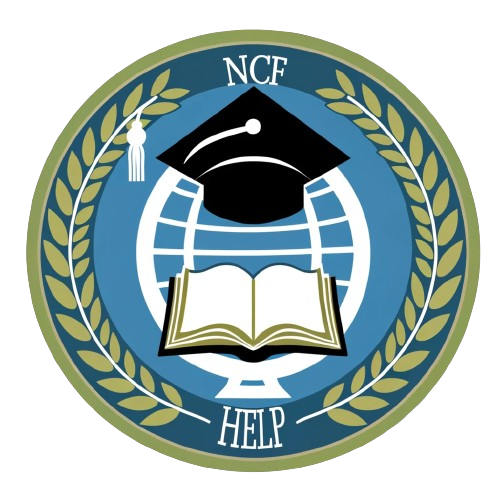Hashtags: #CTETprep #NCFinsights #teachereducation #teachingcareer #CTET #CentralTeacherEligibilityTest #CTETNotes
As an experienced educationalist, I see so many of my friends qualify CTET. I’ve witnessed the anxieties and aspirations present in these aspiring teachers. The journey to cracking the Central Teacher Eligibility Test (CTET) requires dedication, strategic preparation, good notes and a solid understanding of educational principles. in recent years, the National Curriculum Framework (NCF) has become an increasingly important resource for CTET aspirants.
NCF: A Guiding Light for Educators
The NCF documents, including the latest NCF-SE 2023, provide a comprehensive framework for school education in India. They outline the vision, aims, and guiding principles for curriculum development, pedagogical approaches, and assessment practices. For CTET preparation, understanding the NCF offers several advantages:
- Conceptual Clarity: The NCF helps build a strong foundation in educational theory and practice, providing clarity on key concepts tested in the CTET exam.
- Pedagogical Insights: The NCF emphasizes learner-centered, activity-based, and inclusive pedagogy, aligning with the CTET’s focus on child development and effective teaching strategies.
- Assessment Understanding: The NCF advocates for a shift from rote learning and memorization to competency-based assessment, which is reflected in the CTET’s assessment format.
Integrating NCF into CTET Preparation:
Depending on previous notes is not sufficient. Here’s how I help aspiring teachers integrate NCF insights into their CTET notes:
- NCF Overview and Analysis: Create a separate notebook where you begin by exploring the key principles and recommendations of the relevant NCF document, focusing on areas relevant to the CTET syllabus.
- Connecting Theory to Practice: Consider consistently incorporating the principles of NCF into your thought process and actively explore ways to integrate these concepts into classroom practice. You can ask me or other experienced teachers for relevant practical classroom examples and case studies.
- Pedagogical Strategies: Next you need to delve into various pedagogical approaches recommended by the NCF, such as inquiry-based learning, experiential learning, and differentiated instruction. These sound tough but are related to the CTET syllabus in many ways and are easy once you get the concept right.
- Assessment Techniques: The new NCF has a different way to assess and you should explore different assessment methods aligned with the NCF’s competency-based approach, including formative assessment, performance-based assessment, and portfolio assessment. You can do this once you have covered the basic syllabus of the CTET.
- NCF-Based Practice Questions: My friends who clear the CTET do a lot of practice solving CTET-style questions that are rooted in NCF principles. They get help by applying what they have learnt through conceptual understanding.
Beyond the Exam:
Understanding the NCF isn’t just beneficial for passing the CTET exam; it’s essential for becoming an effective and reflective teacher. You need to consistently create 2-3 pages of notes on what you learn everyday about the NCF to retain and apply everything. By internalizing the NCF’s vision and principles, aspiring teachers can develop the knowledge, skills, and dispositions necessary to create engaging and inclusive learning experiences for all students.
My Journey as a Mentor:
Witnessing my friends successfully navigate the CTET journey and start their teaching careers is immensely rewarding. The NCF has become an invaluable part of all my colleague’s teaching style. This has enabled us to guide aspiring teachers towards a deeper understanding of education and prepare them for the challenges and joys of the profession.
If you’re an aspiring teacher preparing for the CTET, I encourage you to reach out to me for any help or CTET notes or for ways to explore the NCF documents and integrate its insights into your preparation. The NCF not only equips you with the knowledge to succeed in the exam but also lays the foundation for a fulfilling and impactful teaching career.

